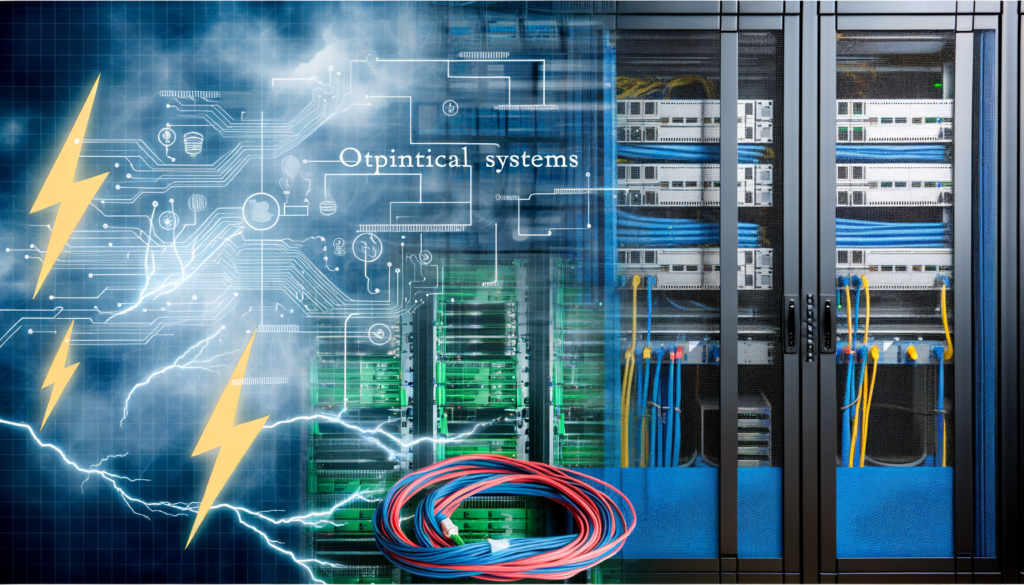Introduction
As data centers continue to expand and evolve, the demand for efficient electrical systems is higher than ever. Optimal performance and reliability are crucial for maintaining the integrity of these centers, which house essential information for businesses and individuals alike. Optimizing electrical systems is a key step in ensuring the continued success of data centers.
Benefits of Optimizing Electrical Systems
1. Increased Efficiency
Optimizing electrical systems can lead to increased efficiency, resulting in lower energy consumption and reduced operating costs for data centers. By ensuring that power is distributed evenly and effectively, data centers can operate at peak performance levels.
2. Improved Reliability
Reliability is essential for data centers, as any downtime can result in significant financial losses and damage to the reputation of the company. Optimized electrical systems can help prevent power outages and ensure that data is constantly available to clients.
3. Scalability
As data centers grow and expand, the demand for power increases. Optimized electrical systems can easily be scaled to accommodate this growth, ensuring that the center can continue to meet the needs of its users.
Key Components of Optimized Electrical Systems
1. UPS Systems
Uninterruptible Power Supply (UPS) systems are crucial for data centers, providing a seamless transition to backup power in the event of an outage. By ensuring that UPS systems are properly maintained and optimized, data centers can avoid costly downtime.
2. Power Distribution Units
Power Distribution Units (PDUs) are responsible for distributing power to the various components within a data center. By selecting the right PDUs and ensuring that they are installed correctly, data centers can optimize power delivery and improve overall efficiency.
Implementing Best Practices
1. Regular Maintenance
Regular maintenance of electrical systems is essential for ensuring optimal performance and preventing potential issues. By conducting routine inspections and testing, data centers can identify and address any issues before they escalate.
2. Monitoring and Management
Utilizing monitoring and management tools can help data centers track power usage, identify inefficiencies, and optimize performance. By actively monitoring electrical systems, data centers can make informed decisions to improve efficiency and reliability.
3. Energy Efficiency Upgrades
Implementing energy-efficient upgrades, such as LED lighting and efficient cooling systems, can help data centers reduce overall energy consumption and lower operating costs. By investing in energy-efficient solutions, data centers can improve sustainability and reduce their environmental impact.
Conclusion
Optimizing electrical systems is essential for the continued success and reliability of data centers. By focusing on increased efficiency, improved reliability, and scalability, data centers can ensure that they are able to meet the growing demands of the digital world. By implementing best practices and utilizing the latest technologies, data centers can stay ahead of the curve and maintain their position as integral components of modern business operations.

